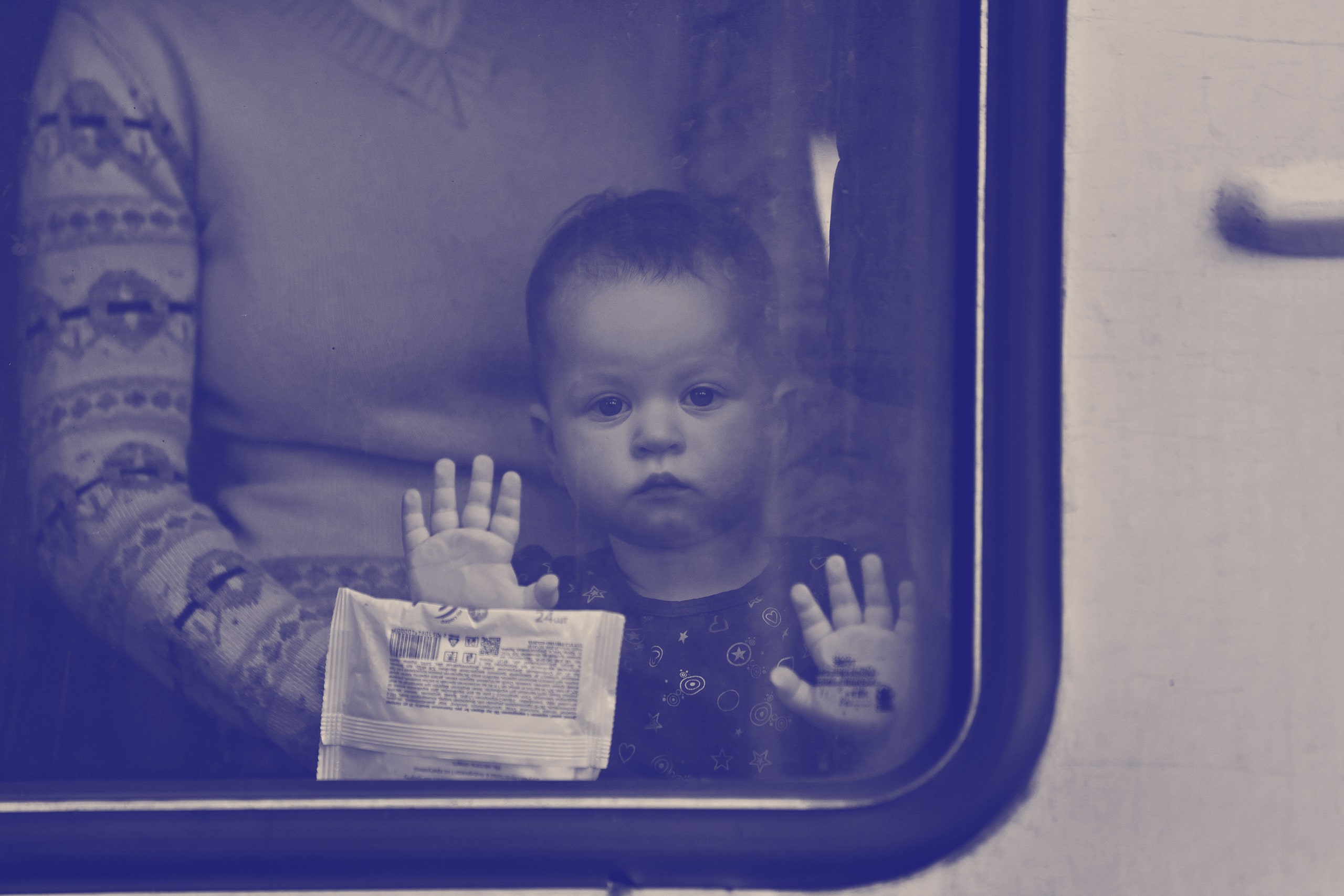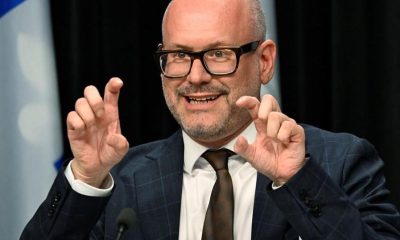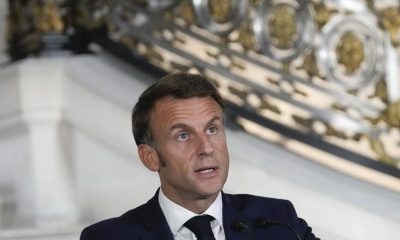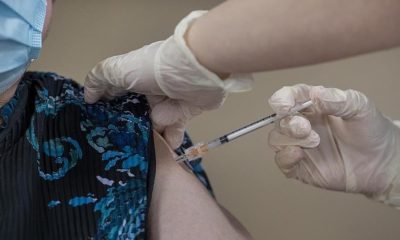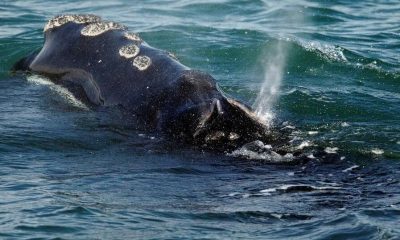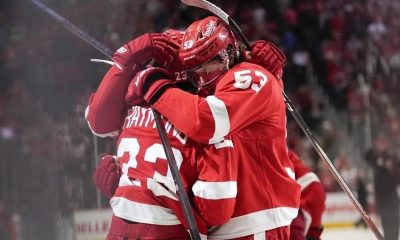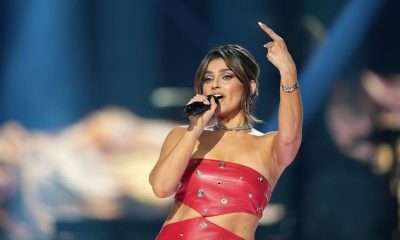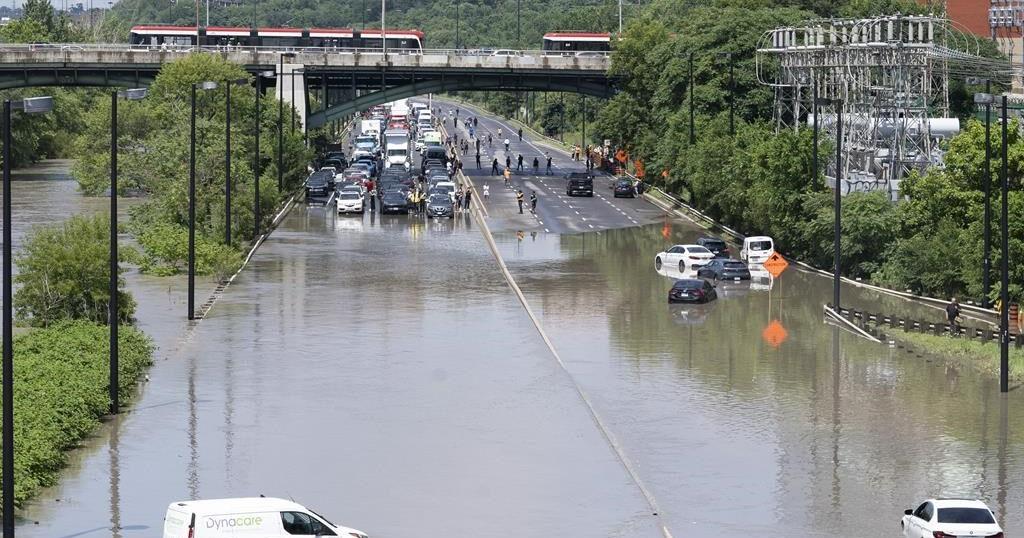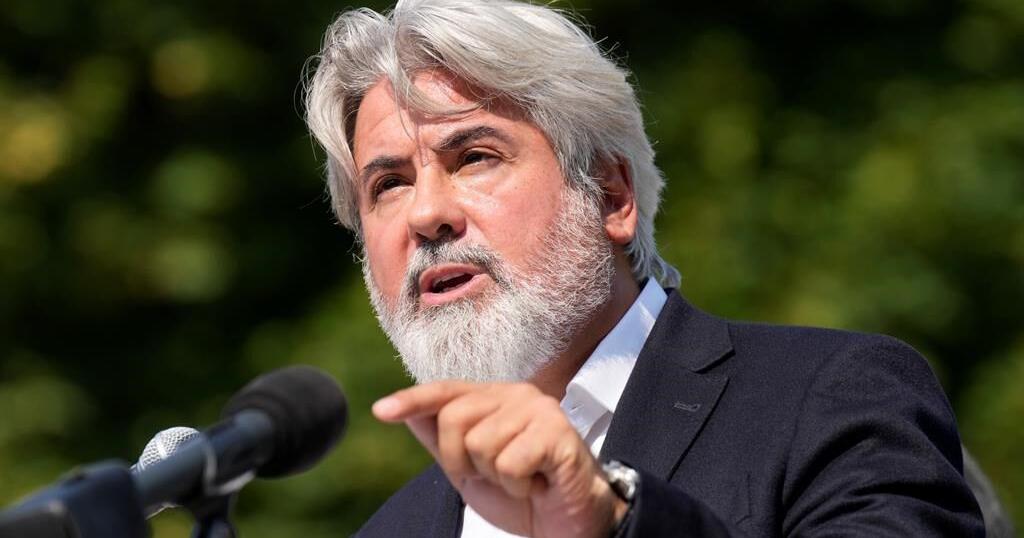Mykola Riabchuk is a Ukrainian author and political analyst who has written extensively about questions of Ukrainian national identity. Riabchuk, who is based in Paris, spoke with me earlier this week about the Russian invasion of his country, and his frustrations with some of the ways the war has been covered in the Western media. Riabchuk was chairman of the Ukrainian PEN Centre for four years, and has published numerous books on Ukrainian history and politics, as well as collections of literary criticism and poetry. During our conversation, which has been edited for length and clarity, we also discussed how Ukrainian identity has changed over the past several years, the shape of a possible negotiated solution to end the war, and why the West should be more skeptical of what Vladimir Putin calls Russia’s legitimate security concerns.
Where are you now?
Currently I’m in Warsaw because I came for a couple of lectures, but also I came to pick up my wife, who escaped from Kyiv.
You once made the point that looking at the Ukrainian-Russian relationship through the prism of Russia as an empire and Ukraine as a sort of colony was too simplistic. I’m curious what you meant by that then, and how you think about it now?
I believe that any theorizing is simplistic. You have to emphasize something and to marginalize some other things in order to conceptualize. So it’s inevitable. Of course, Ukraine was a colony, but in the same way it was very untypical. If we consider traditional colonies, it includes a racial component, which is fundamental, and of course it’s the most important, crucial thing. But that was not present in Ukraine. However, if we consider colonies as the lack of agency and the dominance of one people over another and an attempt to marginalize the other to make them voiceless and invisible, of course there was a very powerful dominance. It was an attempt to absorb them and force them to assimilate. These are all forms of dominance, since the very emergence of Ukrainian national identity was very heavily oppressed. So I do believe that we can speak about colonial pressure and colonial oppression.
I’ve read a lot of things that you’ve written recently and it feels like you are trying to argue against this idea that the West and Ukraine pushed Russia into a box around NATO expansion. What is it about that narrative that you don’t like?
Well, first of all, I believe that the very question, the very statement about Russian security concerns, frames the entire issue in a very false way. The assumption here is that Russia has some special security concerns, which other countries do not have. So Russian security concerns are presumed to be much more important than the security concerns of Ukraine, of Georgia, of Moldova, and on and on. Russia is seen as having special rights, exclusive rights. Why? I believe that Ukraine and Georgia and other smaller states—smaller neighbors of Russia—have many more reasons to be concerned about security. They were invaded; they were threatened; they were intimidated by Russia, and blackmailed, and so on. So their security concerns are really important and really serious.
Russian security concerns are a bluff. Russia has no security concerns, because nobody threatens Russia. Neither Ukraine nor Georgia, nor even NATO threatens Russia, and I believe Moscow knows that NATO is not a threat. It’s just rhetoric. It’s just an attempt to justify some imperialist, expansionist policy. Of course, I understand the essence of this rhetoric: NATO is a threat to Russian imperial ambitions. It contains these ambitions. It doesn’t allow Russia to expand further west and doesn’t allow Russia to invade Estonia or Latvia or Poland. And, in this regard, of course it’s a threat, but it’s not a threat to Russia—it’s a threat to Russian imperialism. But that’s another matter. So let’s call a spade a spade, because one of our problems is that we fail to call things by their proper names. We fail to call the Ukrainian conflict a war. It was not a conflict, it was war, and it was a Russian invasion. But all the time we use these false terms like “conflict,” like “crisis.”
I think the counter-argument is to say not necessarily that Russia had legitimate security concerns and that the states in Eastern Europe did not—obviously that would be silly—but to say, rather, that Russia may view its security concerns this way. So it’s in the long-term interest of the countries in Eastern Europe to not do things that would anger Russia simply because it is what you say, a larger imperial power. And, therefore, the idea is essentially that, even if Russia’s claims do not have more moral or ethical worth than the claims of Estonians or Georgians or Ukrainians, we still need to be more careful with Russia—simply because if we aren’t careful then we end up with things like the invasion of Ukraine.
If we employ this logic, we don’t understand that these concerns are absolutely groundless, they are false, they are invented. And yet we accept them and we discuss them seriously. Everybody knows that the Nazis said they were concerned about the Jewish threat, but this was false. Should we recognize the concerns as legitimate? Of course not. But the Nazis said they believed it, and Hitler believed that the Jews represented a threat for the entire world and specifically for Germany. So he had security concerns, the argument goes. Should we accept this? Should we accept Putin’s paranoia?
Right, or you could say that closer to home and further away from Hitler analogies, when American security concerns are hyped up or irrational or illogical or wrong, they should simply be called as such.
I’m not here to discuss or to defend America. My point is that Ukraine is not responsible for any wrongdoings, or missteps of America or Western colonial powers. It’s not our fault. Why should we be responsible for this? Russia raises all these questions and examples, saying, We have to invade Crimea because they did this in Kosovo. Ukraine had nothing to do with Kosovo, so why should we be responsible for Kosovo? Why should we play this game because somebody took over Kosovo or somebody invaded Iraq? If Moscow has some problem with America, let them settle this problem with America, not Ukraine. We are all the time trapped by this false rhetoric. Moscow deliberately introduces all this false rhetoric and Westerners buy it. That’s the tragedy, the real tragedy. We are seriously discussing all these artificial false frames established by Moscow.
One of the frames that Moscow—and not just Moscow or people sympathetic to Moscow—has offered is the idea that the West was pushing to bring in new member states, with obviously both the E.U. and NATO having expanded in the thirty years since the end of the Cold War, and getting closer and closer to Russia. But I want to ask you from a Ukrainian perspective how you viewed those expansions, and how Ukrainians look at the E.U. and NATO.
Well, first of all, I don’t accept this formula about approaching closer and closer to Russia. They didn’t care about Russia. They didn’t approach Russia. The countries of Eastern Europe had their own problems, and their own interests. Russia lost them because it didn’t have enough soft power. It was not hard power but a competition of soft power. And the West had much, much stronger soft power. And the Eastern European states were attracted by soft power. Moreover, they had very bad experiences with Russia and they wanted to move far away from Russia. So it was not NATO moving to Russia; it was Eastern Europe moving away from Russia. So again, let’s call things by the proper names.
Ukraine was interested from the very beginning in European integration, and this was declared by all Ukraine Presidents, including Viktor Yanukovych. It was Yanukovych who prepared this European association agreement, but stopped it because of Russian pressure. So, all Ukrainian élites and society were basically favorable about the West. Of course, they were more lukewarm about NATO, not because they were against NATO but because they understood that this was a sensitive issue for Moscow, and they did not want to spoil relations too much. So Ukrainians were rather reluctant about NATO at the time, but they were pro-E.U. from the very beginning. There was no big controversy about the E.U. Basically, Ukrainians from the very beginning, from the very emergence of modern Ukrainian identity, understood that their identity was incompatible with Russian because Russia is incompatible with Ukraine. And they’ve always had to seek some alternative, and had to seek some allies in the West, and they had to position themselves as a European nation.

